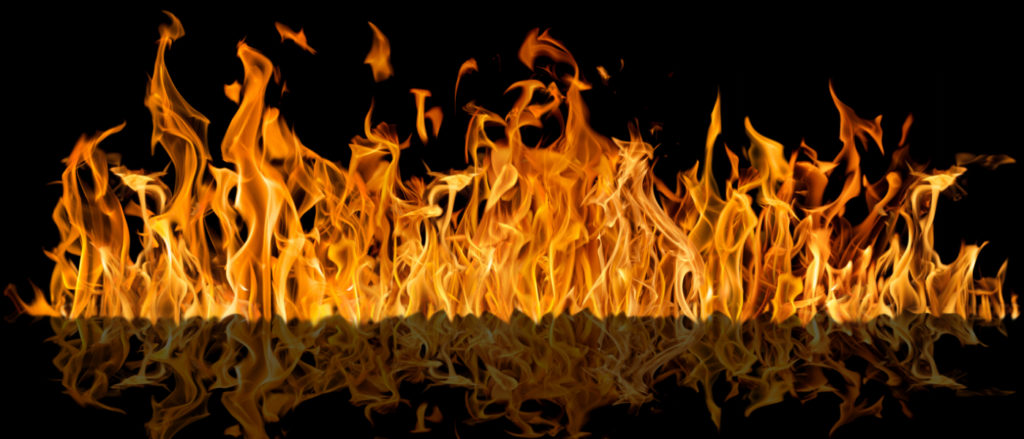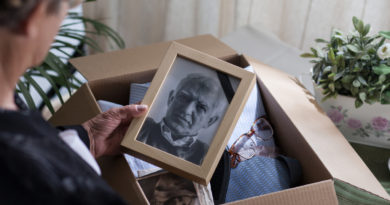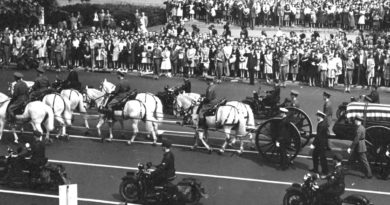Does Cremation Mean You Can’t Have a Funeral?

Photo © iStock.com/DrPAS
There are many reasons why American families increasingly choose cremation for themselves or a loved one, but many people think that cremating a loved one means they cannot also hold a meaningful funeral, with or without the body present. This article explains why cremation, burial and other forms of final disposition are not the same thing as a funeral, and whether selecting cremation prevents you from holding a funeral beforehand or afterward.
Final Disposition vs. Funeral Services
Most people find the subject of death uncomfortable because it’s rarely easy to contemplate the forever-loss of someone we love (or our own mortality, for that matter). The very notion of losing our mother or father, a child, a close friend or anyone else we love proves mentally and emotionally painful, and we tend to quickly dismiss such unhappy thoughts.
Consequently, people might not realize there’s a difference between the final disposition of the deceased and the funeral service itself. In other words, they are not the same thing. In North America, the “traditional funeral” has proven the preferred form of a funeral for so many decades that when we hear the word “funeral,” we automatically tend to associate it with the casketed burial of the deceased in a cemetery, preceded by a wake/visitation and a funeral ceremony.
But a “funeral” actually involves two important functions:
1. What to do with the deceased’s physical remains (the form of final disposition)
2. How to honor, remember and even celebrate the life and memory of the person who died (the form of the funeral).
In other words, burial (whether below or above ground), cremation, alkaline hydrolysis, body donation for scientific/medical research, etc., are purely forms of final disposition, i.e., how we choose to handle the deceased’s remains in a dignified, meaningful manner.
In no way does the form of final body disposition you choose prevent you from holding a meaningful, memorable funeral service, either in the presence of your deceased loved one or without. In other words, choosing cremation for your loved one does not mean you cannot also hold a funeral. Typically, we refer to services held before the actual cremation of the body as a funeral; after the physical cremation of the deceased, such services are generally referred to as a memorial service.
Why the Confusion?
As noted above, most of us do not like thinking about or even contemplating the death of someone we love so we’re generally unfamiliar with what’s involved with post-death disposition methods, services and options. Moreover, based on our attendance at the funeral services held for others in the past and the prevalence of the traditional funeral format, we’ve grown conditioned to believe that funerals generally follow the same form, i.e., a wake/visitation, followed by a funeral service and then burial in a cemetery.
Adding to consumer confusion is the fact that North American funeral directors and funeral homes could do more to adequately inform and educate families that what they choose to do with their loved one’s physical remains (the form of final disposition) is a wholly separate issue and does not/should not in any way prevent a family from planning and holding a meaningful, memorable funeral or memorial service — regardless of the form those services might take.
What Does This Mean for You?
The bottom line is that cremation does not mean you cannot also arrange/conduct a meaningful funeral for your loved one. Today, a growing number of funeral directors/funeral homes welcome families interested in cremation and can suggest numerous meaningful rites, rituals and ceremonies to better help you craft a memorable funeral or memorial service that honors your loved one and helps survivors cope with the pain and sadness of the loss. Often, cremation providers experienced in arranging funeral or memorial services can help you craft something that you and other survivors will find memorable and meaningful.
In fact, many cremation families choose to conduct a wake/visitation of the embalmed, casketed body prior to the actual cremation (often using a rental casket for this purpose). Others desire to hold a private viewing of the non-embalmed body before cremation occurs. Still others desire direct cremation followed by a memorial service at a later date. Again, the point is that by selecting to cremate your loved one, you will not forfeit your right to arrange and execute a funeral.







